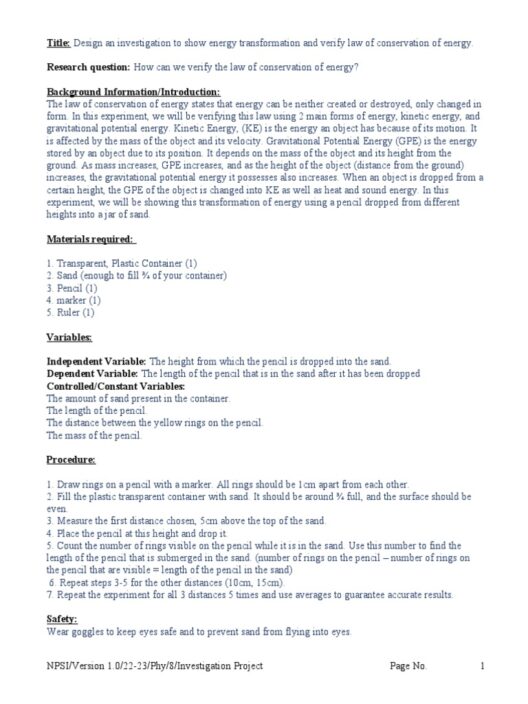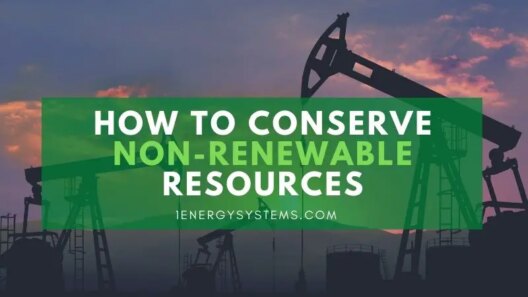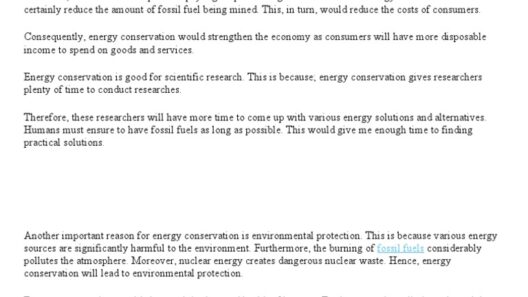Florida, a state synonymous with sunshine, pristine beaches, and theme parks, seems an unlikely candidate for the forefront of energy efficiency. Yet, as the narrative surrounding climate change intensifies, energy efficiency becomes a crucial focal point in the broader conversation about sustainability. This discourse invites an exploration: Does Florida genuinely embrace energy efficiency? In addressing this question, it is essential to delineate the various dimensions of Florida’s energy landscape, its policies, and its cultural attitudes toward conservation and energy use.
To begin, one must consider Florida’s demographic and geographic peculiarities. With a burgeoning population exceeding 21 million and a climate that is often balmy and humid, the state’s energy consumption is predictably high. The inherent demand for heating, cooling, and electricity highlights a crucial paradox. While many residents have embraced the conveniences of modern living, this indulgence comes at an ecological cost. Florida faces significant challenges from climate change, including rising sea levels and increased hurricane activity, prompting the need for a more sustainable approach to energy consumption.
At the policy level, Florida’s energy efficiency initiatives exhibit a patchwork of progress. The state has seen the advent of various programs targeting residential and commercial energy efficiency. The Florida Public Service Commission (FPSC) has crafted regulations supporting energy conservation through demand-side management programs. These initiatives are aimed primarily at reducing peak energy consumption, thus alleviating pressure on the grid while simultaneously fostering financial savings for consumers.
Notably, the emphasis on energy efficiency is echoed in the initiatives of Florida’s utility companies. Major providers such as Florida Power & Light and Tampa Electric have implemented programs encouraging customers to adopt energy-efficient appliances, smart thermostats, and retrofitting efforts. Incentives range from rebates for high-efficiency air conditioning units to comprehensive energy audits to assess residential energy usage. This proactive approach suggests a fundamental recognition of the importance of energy efficiency as a viable solution for both economic and environmental concerns.
However, despite these advancements, critics argue that Florida’s commitment to energy efficiency lacks the fervor seen in other states. While certain initiatives illustrate progress, systemic challenges remain entrenched. For starters, the state’s energy policy tends to favor fossil fuel production over renewable alternatives. With a significant portion of electricity still derived from natural gas, the commitment to energy efficiency often appears to be a band-aid rather than a transformative strategy. This reliance raises questions about the long-term vision for sustainable energy in the state.
In addition to policy implications, cultural attitudes significantly influence the level of energy efficiency embraced by Floridians. Residents are traditionally more concerned with energy costs than with environmental stewardship. As the sun blazes down, many households are more inclined to run air conditioning units indiscriminately rather than explore energy-efficient options. This reality is compounded by a robust tourist industry reliant on high energy consumption during peak seasons. The prevailing attitude tends to prioritize immediate comfort and convenience over long-term sustainability and ecological responsibility.
Moreover, the lack of widespread public awareness regarding the benefits of energy efficiency inhibits greater adoption. Education plays a critical role in fostering a culture of conservation. Programs that disseminate information about the implications of energy use and the advantages of efficiency measures can catalyze behavioral change. Unfortunately, many Floridians remain uninformed about available resources or the potential savings associated with energy-efficient upgrades, further entrenching the status quo.
Yet, there is a glimmer of hope. Grassroots movements advocating for climate action have gained momentum, creating pressure for legislative reforms and heightened public awareness. Local organizations and environmental groups are working diligently to educate communities and promote energy-efficient practices. Success stories are emerging, demonstrating that when communities rally around energy efficiency, substantial strides can be achieved. Initiatives such as community solar projects and local advocacy for energy-efficient building codes signal a growing commitment among certain Floridians to embrace sustainability as a core value.
Additionally, the influx of new residents, particularly younger generations, is reshaping attitudes toward energy consumption. Many newcomers are more inclined to prioritize sustainable practices and advocate for renewable energy solutions. As this demographic gains influence, it is plausible that Florida’s energy policies will gradually evolve to reflect a more sustainable vision for the future.
In evaluating whether Florida truly embraces energy efficiency, one must confront the multifaceted nature of the issue. While strides have been made in promoting energy conservation through policies and initiatives, significant challenges persist. The juxtaposition of a vibrant tourist economy reliant on energy consumption and a growing awareness of climate change creates a complex environment for transforming energy practices. Florida’s unique sociocultural landscape plays a pivotal role in shaping residents’ attitudes toward energy use, often complicating the transition to more efficient and sustainable practices.
Ultimately, the question remains: Does Florida really embrace energy efficiency? The answer is nuanced. Progress is palpable within certain sectors, yet systemic issues continue to impede a comprehensive approach to sustainable energy. The trajectory of Florida’s energy future hinges on the interplay between policy initiatives, community activism, and a cultural shift toward greater environmental consciousness. Only through concerted efforts at all levels can Florida hope to reconcile its identity with the pressing demand for energy efficiency in the face of climate change.







